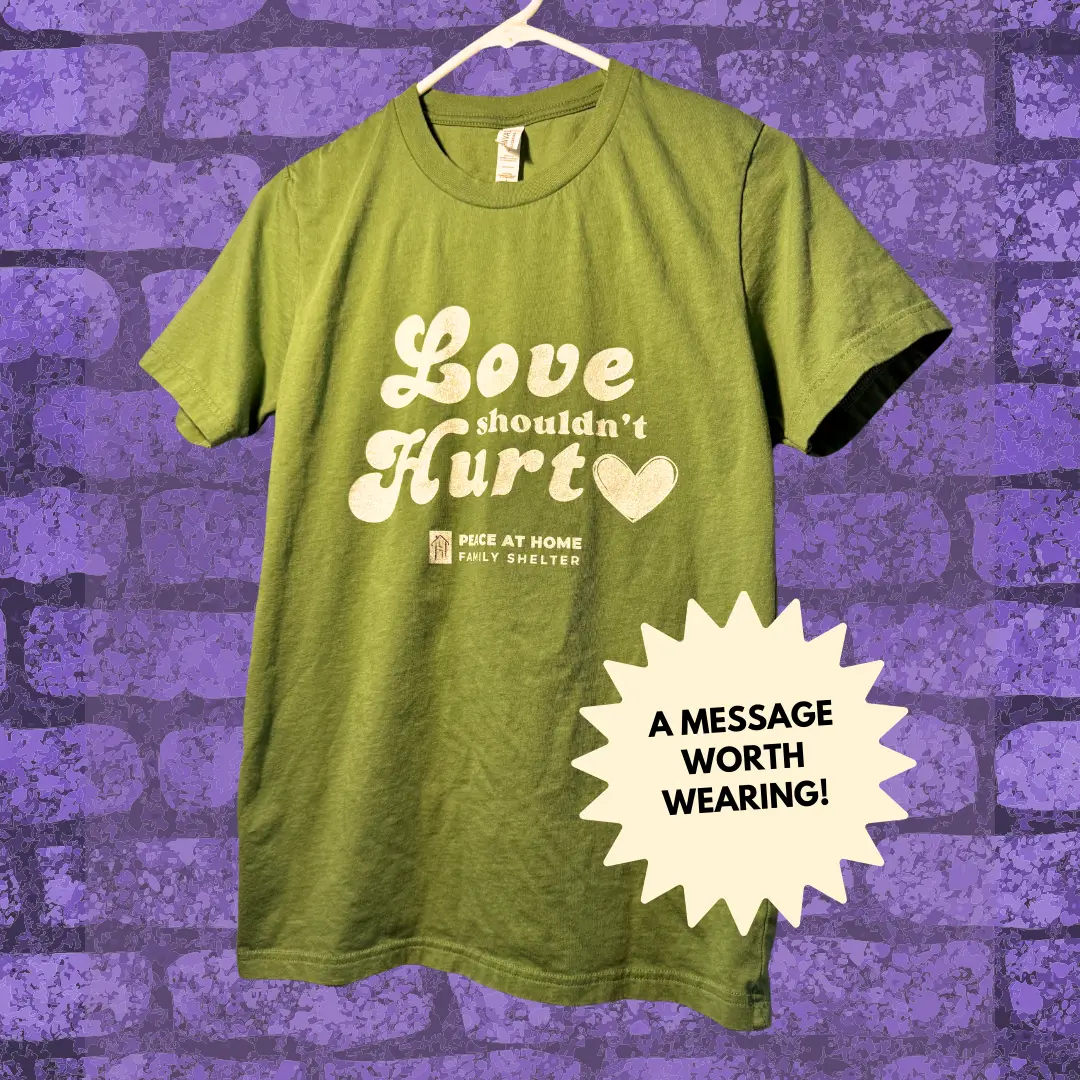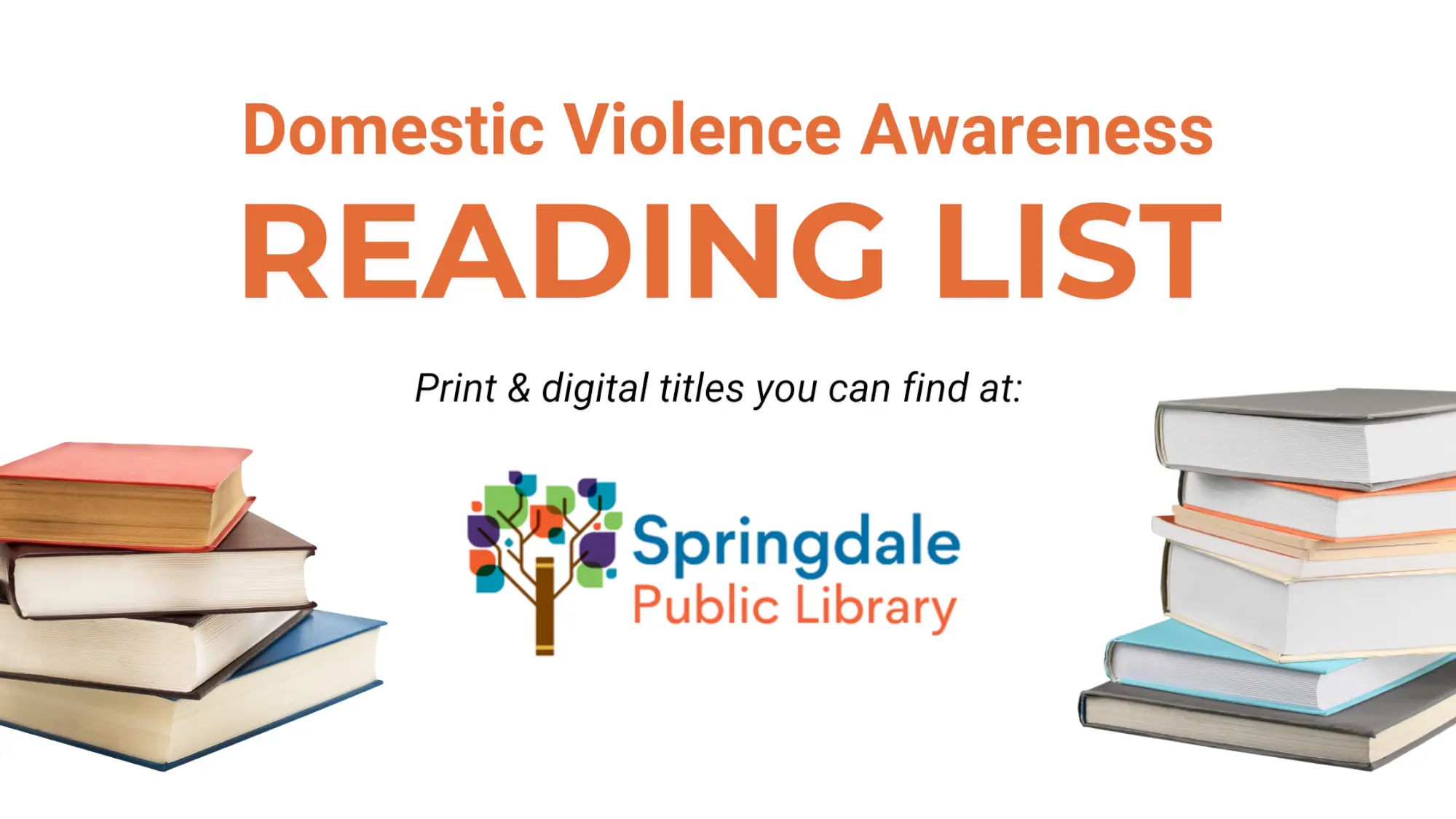
Witnessing domestic violence can have long-lasting negative effects on children. When domestic violence is in the home, many children directly witness the abuse occurring. Even if children do not see incidents of physical abuse in the home, they are often more aware of abuse than the abused parent realizes. Children can hear yelling and fighting noises from other rooms and witness the aftermath of physical abuse.
Children may respond to witnessing domestic violence in a variety of ways.
They may –
Children who have witnessed domestic violence need support. As parents who have experienced abuse seek support for themselves, there are also ways to help the children.
Here are some ways to support children who have experienced domestic violence:



